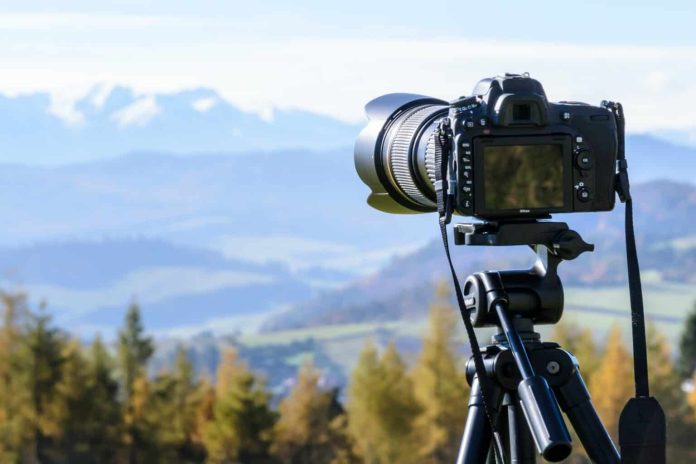Photography, an art form and a passion for many, encapsulates the beauty of life in still frames. From its humble beginnings to its evolution as a prominent medium of expression, photography has witnessed an incredible journey, influencing cultures, emotions, and perceptions.
Evolution of Photography
The genesis of photography dates back to the 19th century, revolutionizing the way we perceive and cherish moments. From the cumbersome daguerreotype to the modern digital era, photography has undergone a phenomenal transformation, allowing us to freeze time at the click of a button.
Types of Photography
Photography encompasses various genres, each capturing diverse facets of life. Portrait, landscape, wildlife, street, fashion, and aerial photography are just a few among the myriad forms, each demanding unique skills and perspectives.
Equipment Needed
To embark on a photographic journey, one needs more than just a camera. Understanding lenses, tripods, lighting equipment, and editing software is vital to excel in this creative realm.
Composition Techniques
Mastering composition techniques like rule of thirds, leading lines, framing, and perspective adds depth and intrigue to photographs, elevating them from mere images to captivating visual narratives.
Importance of Lighting
Lighting is the cornerstone of photography. The manipulation of light, whether natural or artificial, can transform a scene, evoking emotions and highlighting the subject’s essence.
Editing and Post-Processing
Post-processing plays a pivotal role in modern photography. Techniques such as color correction, cropping, and retouching enhance the visual appeal, breathing life into captured moments.
Photography as an Art Form
Photography transcends mere documentation; it’s a form of art. The ability to convey emotions, tell stories, and evoke reactions through visuals is the hallmark of a skilled photographer.
Career Opportunities
The realm of photography offers diverse career paths – from photojournalism and fashion photography to wildlife and commercial photography, providing avenues for passionate individuals to turn their hobby into a profession.
Impact of Technology
Technological advancements have revolutionized photography, introducing innovations like mirrorless cameras, drones, and AI-driven editing tools, reshaping the way we capture and perceive images.
Photography Ethics
While capturing moments, photographers bear the responsibility of ethical practices, respecting privacy, portraying authenticity, and refraining from manipulation that distorts reality.
Conclusion
Photography, an ever-evolving art form, empowers individuals to freeze moments, convey emotions, and immortalize memories. It merges creativity with technology, offering a limitless canvas to paint the hues of life.
FAQs
FAQ 1: What’s the best camera for beginners?
Choosing the right camera depends on individual preferences. Entry-level DSLRs or mirrorless cameras are often recommended for beginners due to their user-friendly features.
FAQ 2: How can I improve my photography skills?
Practice and experimentation are key. Joining photography communities, taking courses, and studying the work of established photographers can significantly enhance your skills.
FAQ 3: Is post-processing necessary for good photography?
While skilled photography can stand on its own, post-processing can elevate images by refining details and enhancing visual appeal.
FAQ 4: Can photography be a full-time career?
Absolutely! Many individuals have turned their passion for photography into successful careers in various fields like fashion, journalism, and advertising.
FAQ 5: How can photographers maintain ethics while capturing images?
Respecting privacy, obtaining consent, portraying authenticity, and avoiding manipulation are crucial ethical considerations for photographers.








